Service hotline
+86 0755-83975897
Release date:2025-02-18Author source:KinghelmViews:475
Flexible Flat Cable (FFC) is a key component in modern electronic devices. Known for its compact design and versatile applications, FFC soft cables have become the preferred choice for designers and manufacturers in the electronics industry. In this article, we’ll explore the advantages and disadvantages of FFC cables to help you better understand how to leverage this technology in your next project.
One of the biggest benefits of FFC cables is their reduced size and weight compared to traditional wire harnesses. Using polymer-based substrates and etched copper circuits, FFC soft cables can reduce the overall weight and volume by up to 70%. This makes them ideal for applications where space is tight or where weight is a critical factor, such as in portable electronics and compact devices.
FFC soft cables are highly flexible, capable of withstanding millions of dynamic bends without damage. This flexibility makes them perfect for applications where continuous or periodic movement is required, such as printer heads, scanners, and motion systems. The durability and ability to bend or twist without breaking ensure long-lasting performance in moving electronic systems.
FFC cables offer excellent electrical properties, such as low dielectric constant, which allows for rapid signal transmission. They also provide outstanding thermal performance, enabling components to cool efficiently and function well at higher temperatures. With a higher glass transition temperature and melting point, FFC cables maintain stable performance even under demanding conditions, making them ideal for data transmission and signal processing.
Because FFC soft cables reduce the need for additional hardware like solder joints, relays, and circuit board connections, they improve assembly reliability and overall product quality. Traditional assembly methods may result in component misalignment or poor connections, but FFC cables help prevent these issues, resulting in fewer errors during the manufacturing process.
While FFC cables offer numerous benefits, there are some limitations to consider:
FFC cables are designed for specialized applications, meaning they come with higher production costs due to the complex design, layout, and photomask requirements. In small quantities, FFC cables may not offer the same cost-effectiveness as traditional wire harnesses. However, as production scales and technology matures, the cost of FFC cables is expected to decrease over time.
Installing and maintaining FFC cables requires professional expertise. Specifically, during processes like soldering and rework, skilled technicians must ensure the quality of connections and the reliability of the cables. This can increase the manufacturing cost and maintenance complexity, particularly in large-scale production or repair operations.
FFC soft cables are widely used in consumer electronics, industrial systems, and communication devices because of their small size, light weight, flexibility, and excellent electrical properties. However, their higher cost and specialized installation and maintenance requirements may make them less suitable for certain applications. When deciding whether to use FFC cables in your design, it's essential to consider both the benefits and limitations in the context of your specific needs and budget.
At Kinghelm, we offer a range of high-quality FFC soft cables that are engineered to meet the most demanding requirements in electronics manufacturing. With over 17 years of industry expertise, we deliver FFC cables that provide excellent electrical performance, reliability, and flexibility for a variety of applications.
Whether you’re working on consumer electronics, industrial control systems, or data transmission devices, Kinghelm’s FFC cables ensure consistent performance and long-lasting reliability. Contact us today to learn more about how our FFC soft cables can benefit your next project.
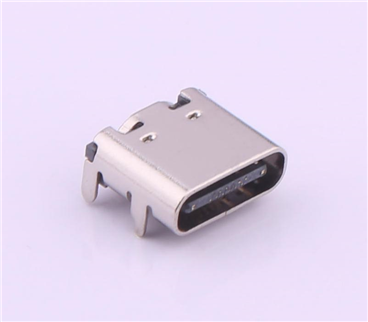
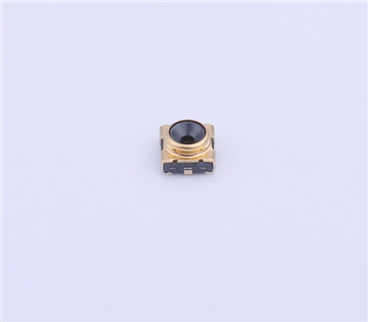
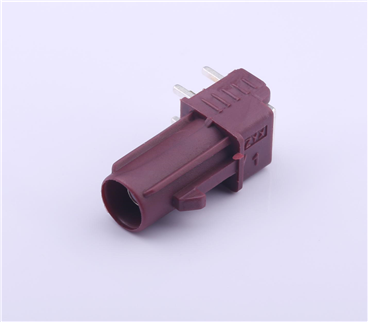
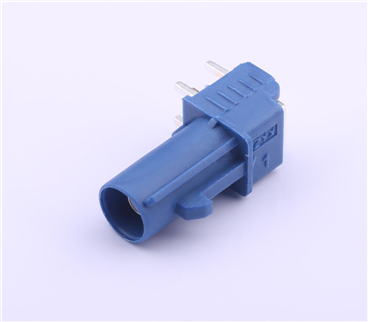
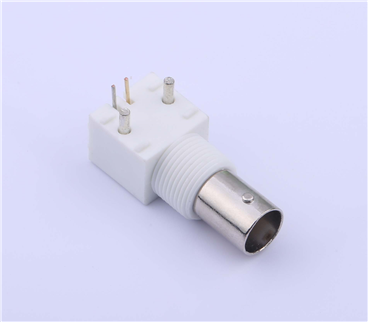
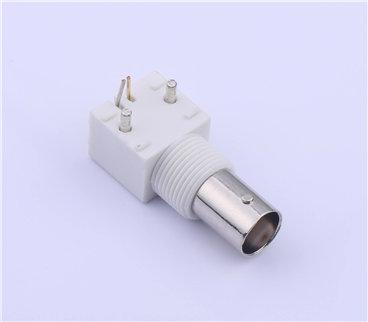
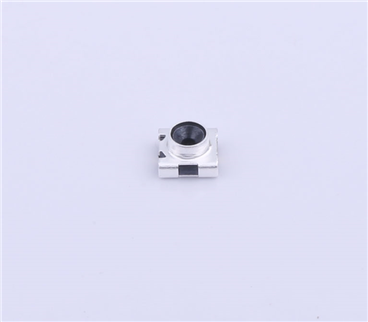
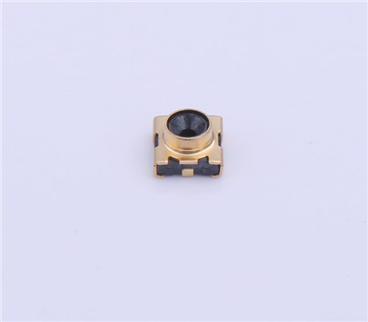
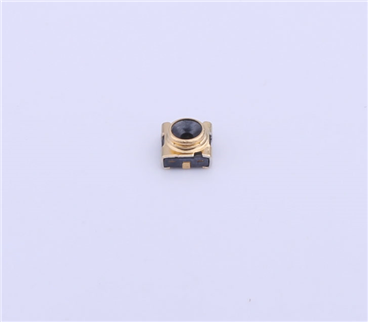
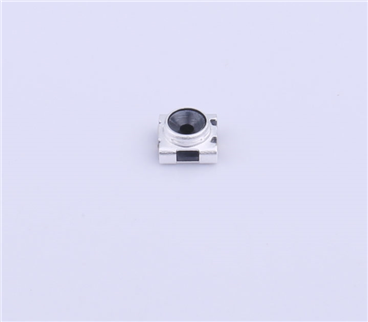
Copyright © Shenzhen Kinghelm Electronics Co., Ltd. all rights reservedYue ICP Bei No. 17113853